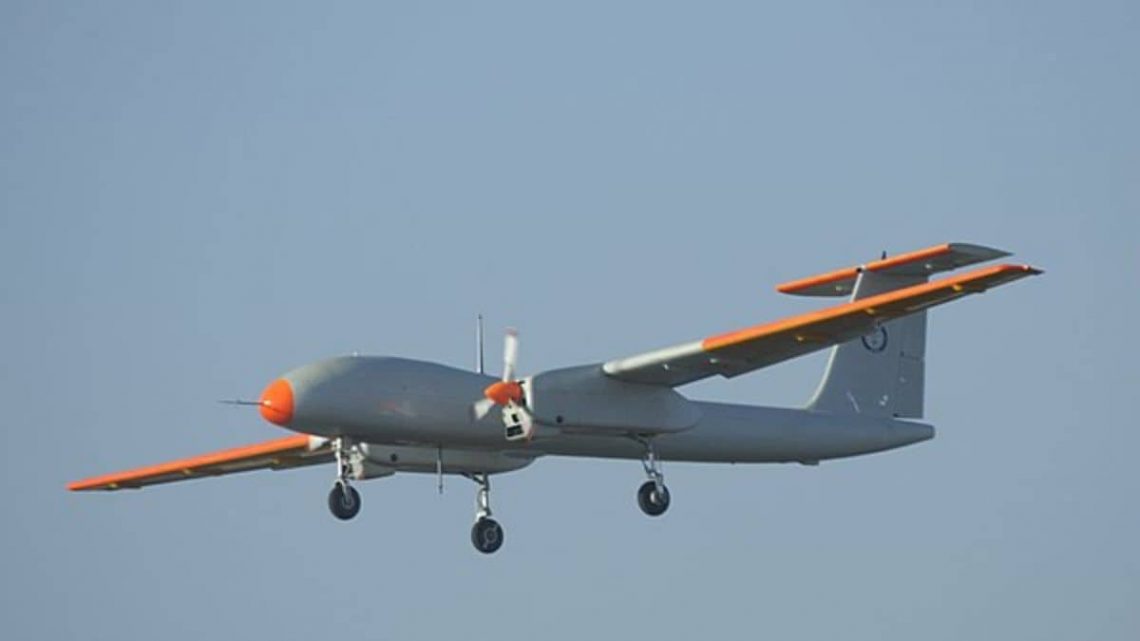Last week, India cancelled contracts for 400 logistics drones worth over Rs 230 crore, citing security concerns related to Chinese components in the unmanned aerial vehicles (UAVs).
The decision follows reports of drone hacking incidents near the India-China border that had caused concerns.
These UAVs were originally intended for deployment along the 3,488-km Line of Actual Control (LAC) with China to bolster reconnaissance and logistics. However, an internal review revealed that some vendors were using Chinese-origin components, raising concerns over potential cybersecurity risks.
India’s needs unmanned systems for various purposes ranging from military operations and counter-terrorism to border surveillance and humanitarian missions.
While UAVs and Remotely Piloted Aerial Systems (RPAS) reduce risks to human soldiers and offer precision strike capabilities in contested environments, a senior Indian Army official, speaking to Firstpost on condition of anonymity, said, “As long as our tech comes from outside, there will always be a threat.”
The official stressed that “indigenisation is key” to ensuring secure and reliable drone operations, particularly as India faces challenges on both its northern (China) and western (Pakistan) borders.
Another source in the know regarding Indian Army’s efforts to address future security threats, told Firstpost, “We have been focusing on domestic manufacturing– to strengthen its defence ecosystem, but equally importantly, to ensure that the drone technology remains secure from cyber vulnerabilities, also.”
The Defence Research and Development Organisation (DRDO) has been at the forefront of India’s UAV development, working on next-generation drones– including Rustom-II and Archer-NG– tailored for military use.
Private companies, including ideaForge, Garuda Aerospace, and Asteria Aerospace are also playing a role in indigenous drone development.
Currently, the Indian Army relies on Israeli-made Heron and Searcher drones for surveillance and intelligence gathering. However, plans are underway to acquire armed UAVs, including the MQ-9B Reaper, for long-range precision strikes.
Beyond domestic production, the Army is working with a diverse set of partners also “collaborating with defence manufacturers, research institutions, other friendly countries…you name it,” the source said.
For indigenous drones, the Indian Army official quoted earlier said that military is prioritising improvements in UAV resistance to jamming and cyber intrusions. “At a time when our adversaries are so heavily focused on cyber and electronic attack capabilities, EW [Electronic warfare] resilience is important.”
The success of these measures is significant also because the country is making efforts to integrate UAVs with its broader military command-and-control networks to improve situational awareness.
Link to article –
What is Indian Army planning to do to avoid hacking of army drones in the future? Officials say…



